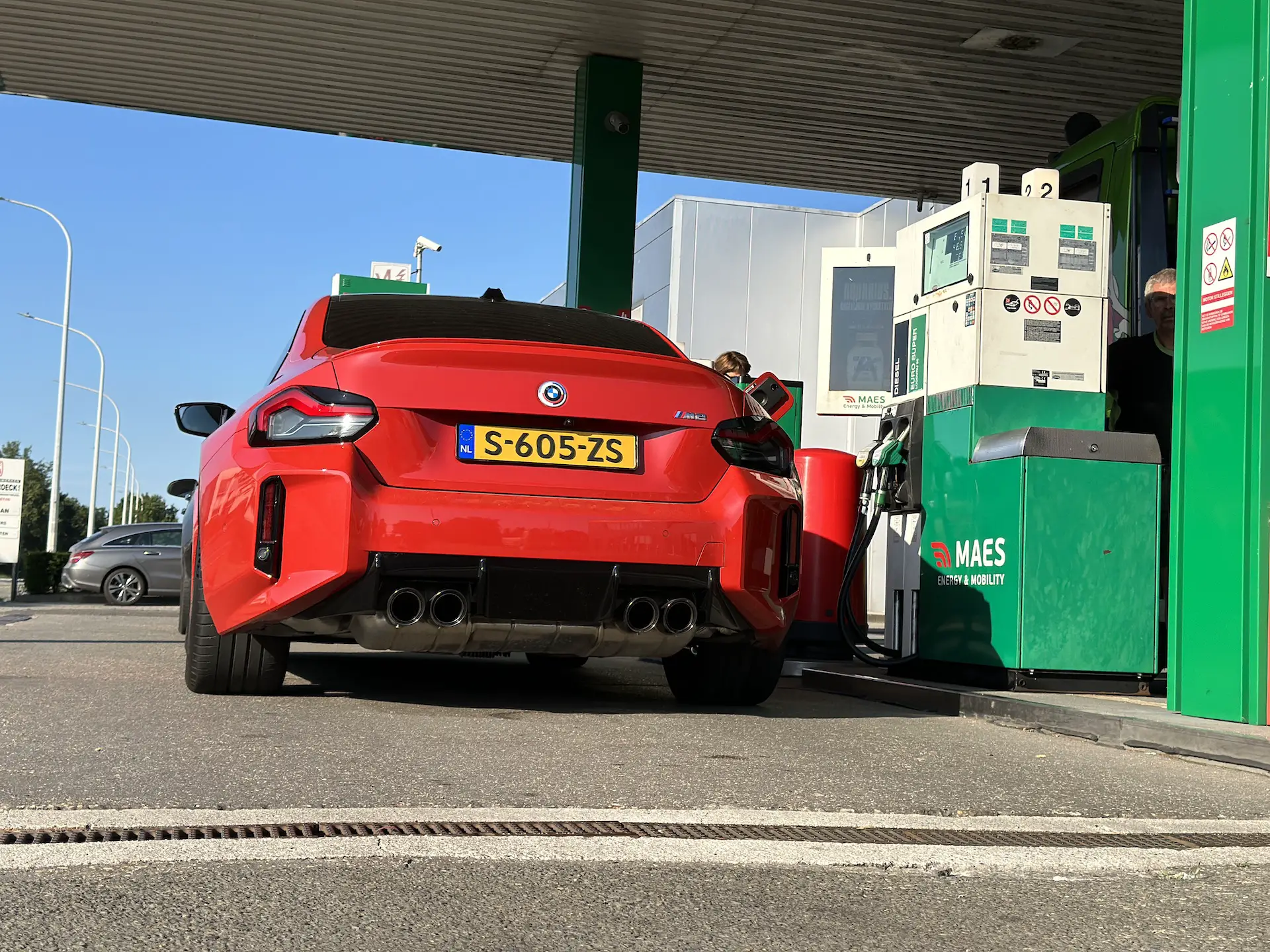Gasoline price almost 21 cents more expensive from Jan. 1, 2024
The causes
Why the higher liter prices? Simple: excise tax cuts on fuel will be reversed, resulting in higher liter prices. But the government also wants to raise excise tax rates because of inflation.
Delete price increase?
The outgoing cabinet may still make a decision to cancel the price increase, but the chances of that seem extremely slim because of a hole in the budget. A decision to reverse the excise tax reductions may still be made when the 2024 Tax Plan is debated in the House of Representatives or when the 2024 budget is put together.
A retrospective
Okay, how was it again? April 2022 saw massive inflation. The government then took the decision to cut taxes on gasoline, diesel and LPG by 21 percent to keep things somewhat affordable. It saved 17 cents on a liter of gasoline and 11 cents on a liter of diesel. On July 1, that tax cut was extended. Then half of the excise tax cut was reversed. In January 2024, the second part of the excise tax cut expires, causing the liter price to rise again.
Increase in excise taxes
Back to the situation as of Jan. 1, 2024. On top of the excise tax increases comes another increase in excise taxes. Below the line, the price increase of a liter of gasoline amounts to over 21 cents. For diesel it is 13.5 cents. Which in turn also results in additional inflation. To compensate, the cabinet is looking at options to increase the untaxed commuting allowance by 1 euro cent per kilometer, but whether that will help.
Fueling across the border
The government is chasing people in border areas around the Netherlands en masse across the border if the higher liter price becomes a reality. Gasoline refueling in Belgium, for example, is about 36 euro cents cheaper. In Germany, the benefit is 31 euro cents per liter. Fueling diesel in Belgium does not pay off, the difference compared to the Netherlands there is extremely small. But for gasoline, it can save a lot by filling up across the border.

